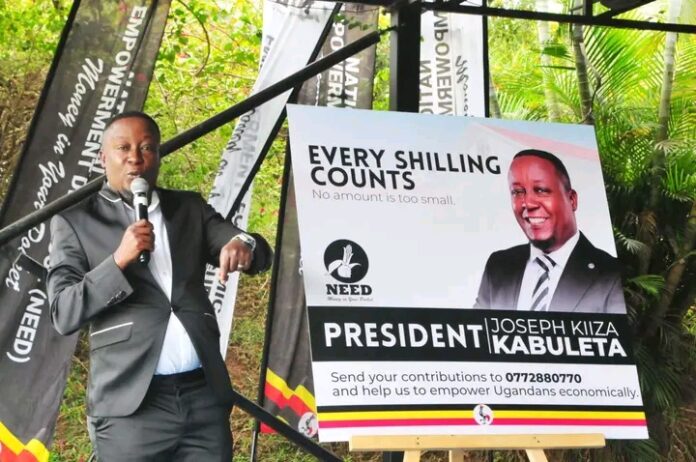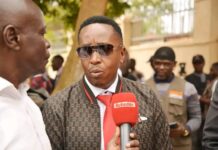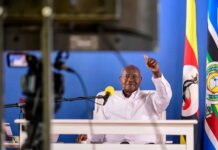A coalition of nine political parties has endorsed President Yoweri Museveni’s bid for reelection in 2026, in a move that has drawn attention for including the National Economic Empowerment Dialogue (NEED), the party founded by former presidential contender Joseph Kabuleta.
The endorsement, was announced in Kampala on Wednesday, underscores a dramatic shift for NEED, which emerged from Uganda’s opposition landscape only three years ago.
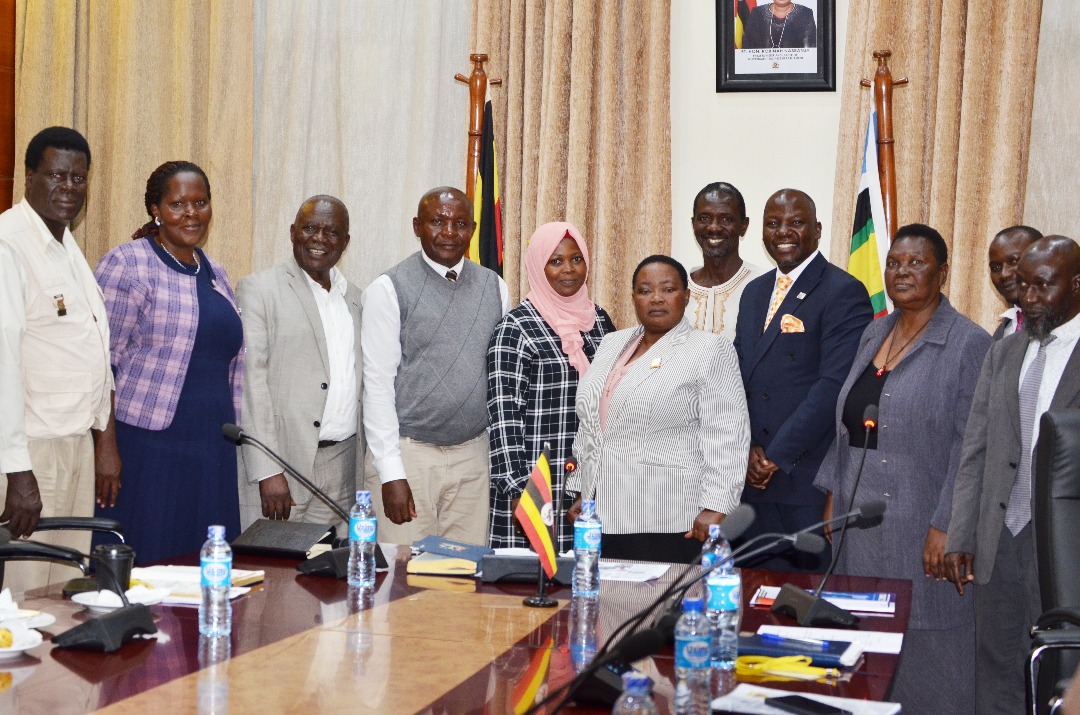
Formed in 2022 after Kabuleta’s unsuccessful 2021 presidential run, the party has since struggled to contain internal rifts and leadership disputes that have weakened its national profile.
Party insiders say months of infighting — marked by suspensions, counter-suspensions, and accusations of financial mismanagement left NEED divided and its founder politically isolated.
Kabuleta, who was twice suspended by rival factions, retaliated by dismissing several top officials he accused of colluding with external political actors. The turmoil ultimately derailed his plans to contest the 2026 presidential election.
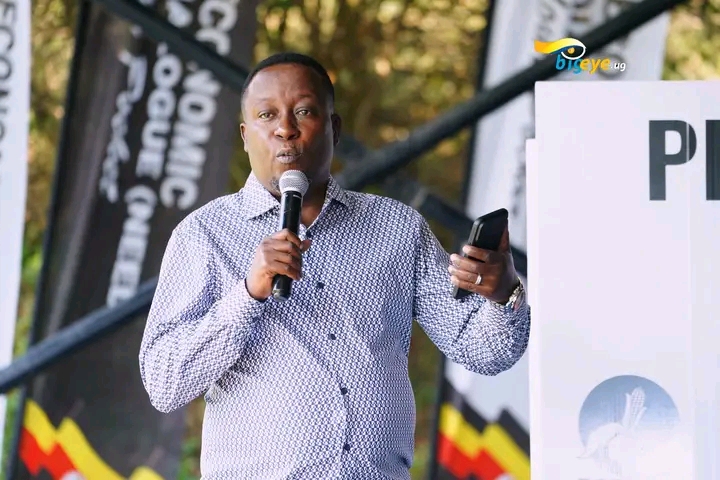
At the Wednesday meeting, NEED representatives joined leaders from eight other parties at the Office of the Prime Minister, where they formally pledged support for President Museveni’s campaign. Prime Minister Robinah Nabbanja presided over the event.
Other parties in the alliance include the Republic Women and Youth Party, Liberal Democratic Transparency (LDT), the Revolutionary People’s Party (RPP), and the Congress Service Volunteers Organisation (COSEVO).
The coalition is chaired by Godfrey Kiwanda Ssuubi, who also heads the National Consultative Forum a statutory body that brings together all registered political parties in Uganda.
Speaking at the event, Stella Bbira Nambuya of the Republic Women and Youth Party said the coalition’s decision was made in exercise of its constitutional right to form alliances. She praised Museveni’s leadership, citing what she described as his “contribution to Uganda’s development and stability.”
Prime Minister Nabbanja welcomed the endorsement, describing it as evidence of growing political cooperation and maturity among Ugandan parties “working together for national progress.”
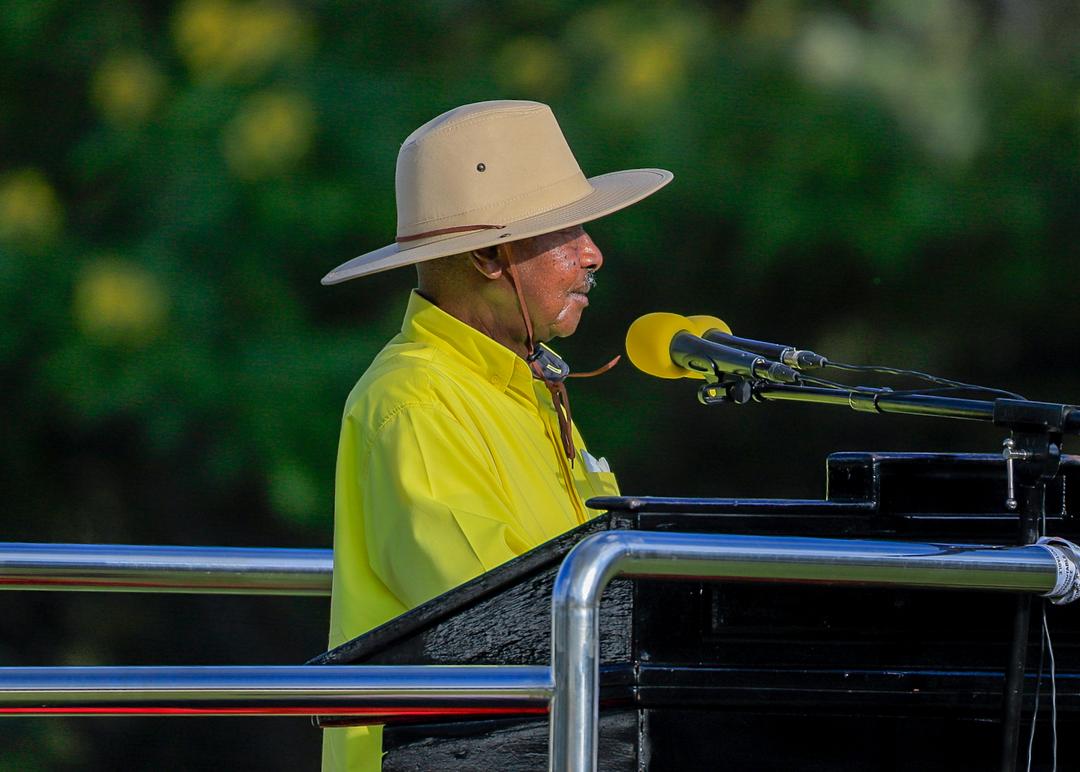
NEED’s pivot from opposition politics to support for the ruling National Resistance Movement (NRM) marks a significant political reversal and injects fresh complexity into Uganda’s evolving 2026 election landscape, where long-standing alliances continue to shift in unexpected directions.


